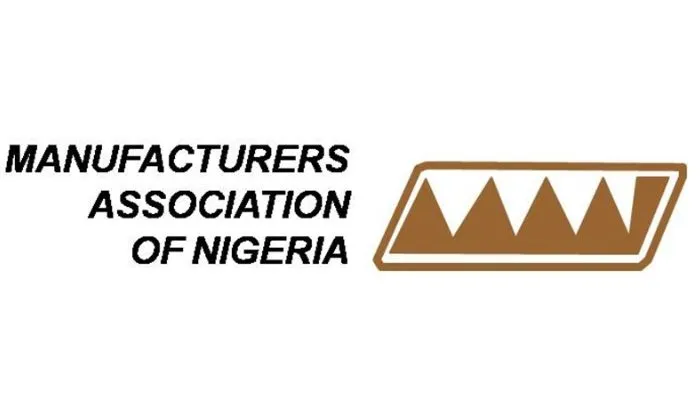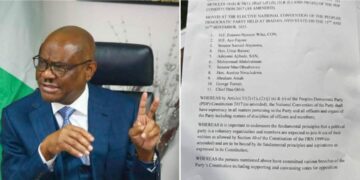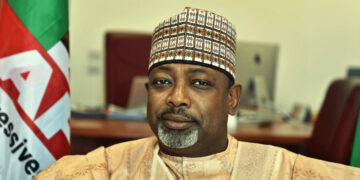The Nigerian manufacturing sector is expected to continue to struggle for survival as the country enters the fourth quarter of the current year, on the expectation that macroeconomic shocks, market volatility, unavailability of raw materials, dollar hike, job losses, depressed growth potential, harsh economic situation, constrained production and foreign exchange illiquidity will continue unabated.
Speaking in a media chat, chairman, Apapa branch of the Manufacturers Association of Nigeria (MAN), Mr Frank Onyebu, said: “Going into the fourth quarter of 2022, the manufacturing sector will likely suffer some shocks from the rising cost of diesel, logistics, foreign exchange illiquidity, domestic inflationary pressure, weakening purchasing power, poor public infrastructure and port-related challenges.”
Onyebu stated that the manufacturing sector had become a dying breed that needs urgent rescue and timely interventions.
According to him, the manufacturing sector is comatose and needs to be resuscitated, given that factories are shutting down in their numbers while some manufacturers are divesting and relocating to other countries to find stability.
He added that most manufacturers are unable to relocate to other countries owing to the huge financial requirement, adding that such requires much more than packing a bag and hopping into an aircraft.
The logistics of winding down an existing business and building a new business in a new environment is mind-boggling, he noted.
He said, “Only few manufacturers have succeeded in relocating; a greater percentage have either wound down their operations or are in the process of closing down production sites. A lot more are also just hibernating, meaning they are just hanging onto life support, waiting for some miracle to happen.”
Continuing, he said that about 30 per cent of manufacturers are winding down or hibernating, with most of them in the categories of indigenous companies struggling to survive.
This is even as he highlighted factors responsible for the death of young and infant companies while stressing that, government needs to step up plans with bold policy and initiatives to grow the sector which, he said, has a lot of potential to grow the economy, preserve investment and create jobs.
Onyebu posited that the government should harness physical infrastructure and reduce the cost of governance as well as eliminate corruption or, at least, bring corruption to the barest minimum, adding that this will bring in the private sector to develop infrastructure.
He added that this can be done under the public-private partnership (PPP) umbrella.
“The impact of functional infrastructure cannot be overemphasised. It has a direct impact on the economy and the general wellbeing of the populace. It is a known fact that investments flow with infrastructure. I expect a threefold growth in both local and foreign investments if there is a massive overhaul of our infrastructure. This will not only open up previously inaccessible communities but will create employment for the teeming youths who would otherwise take to banditry and other crimes,” he stressed.
President, MAN, Mansur Ahmed, had faulted the government over its inability to strengthen policies geared at boosting the productive sector.
Mansur noted that, to a large extent, hindrances experienced in the productive sector are largely caused by policy inconsistency and somersaults, which leave no room for proper planning and projection.
He observed that in spite of the several Central Bank of Nigeria (CBN) policies, such as the Naira4dollar scheme, ban of sale of forex to BDCs, the proposed RT 200 FX Programme which stands for the ‘race to $200 billion in FX Repatriation and others,’ much seems not to have been achieved.
While he commended the good intention of the CBN for these policies, particularly, to drive support for the real sector of the economy, the MAN president stressed that there was a need to establish mechanisms for robust monitoring and evaluation which ought to be part of the plan to ensure that the support to drive export in the manufacturing sector really comes to fruition.
He said the association, which represents the interest of manufacturers in Nigeria, has offered to be a part of this process, adding, “We shall continue to offer recommendations to the government that will increase the manufacturing sector’s contribution to the nation’s GDP.”





